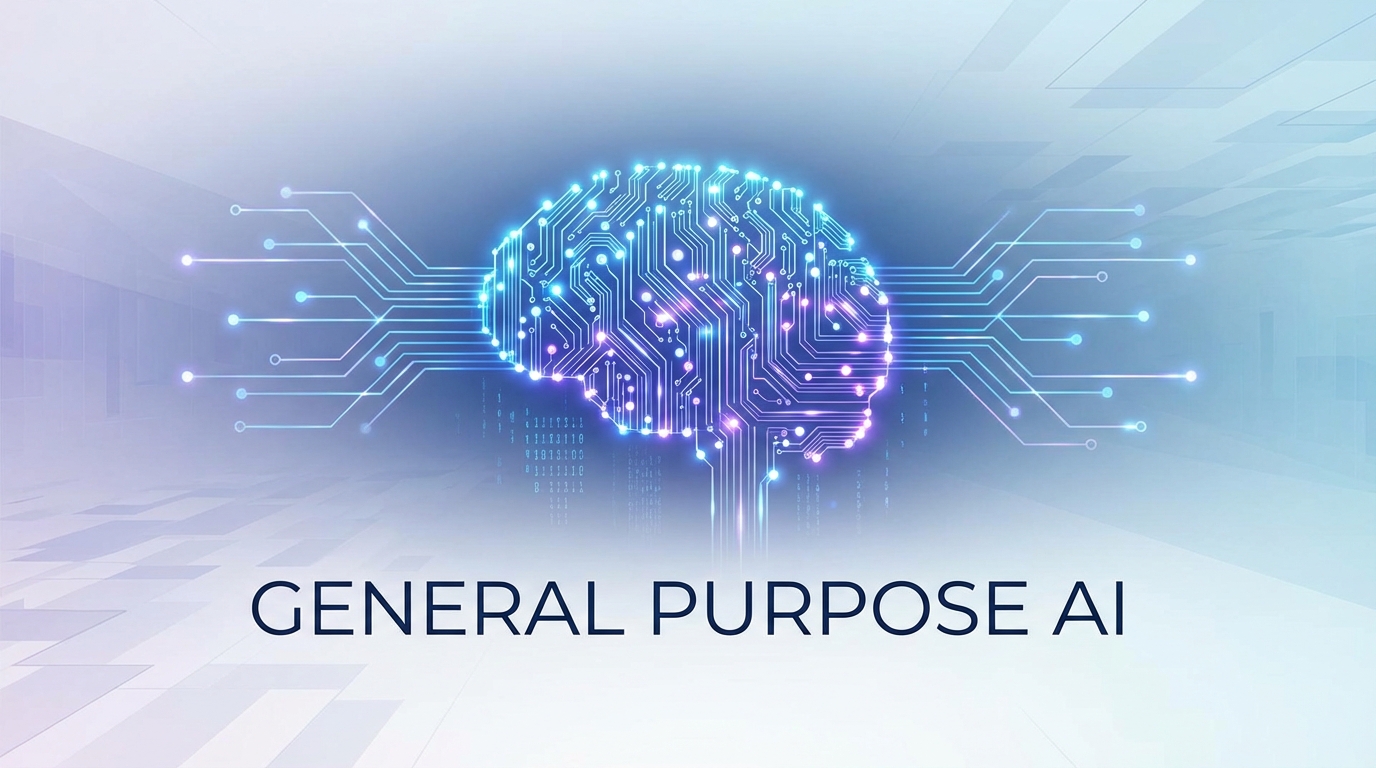General Purpose AI (GPAI)
Navigating Versatility and Risk

General-purpose AI systems are the Swiss Army knives of the digital era. Pre-trained on vast datasets and then fine-tuned for everything from chatbots to advertisement generators, they present unique regulatory challenges.
The Versatility Factor
Because GPAI systems can be applied across virtually any field—from finance to life sciences—their risk profile is inherently complex. The Act addresses this by setting out a defined stratification based on unintended usage and broad applicability.
High-Risk Implications
Under the EU AI Act, versatile systems that power downstream high-risk applications must meet stringent requirements, including technical documentation, transparency reports, and thorough quality control.
The Road Ahead
The Act sets the stage for global governance. While it increases scrutiny, it also fosters trust. We are standing on the edge of a transformative era where responsible AI creation is no longer optional, but foundational.